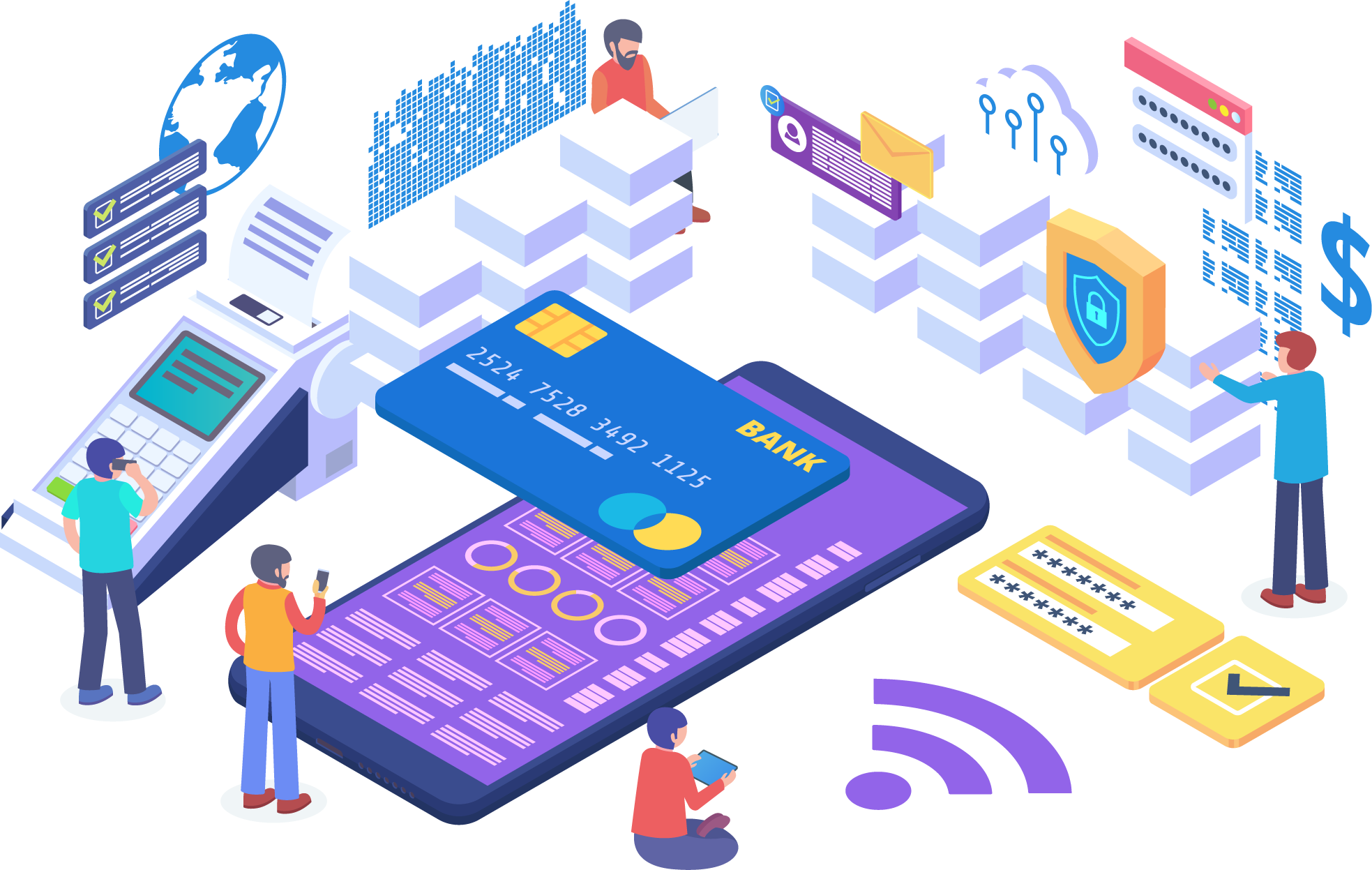In a world where financial aspirations often outpace income, it’s easy to find yourself fascinated by the complicated web of debt. Debt is nothing but loans. We hear news on TV every day about people committing suicide due to the burden of loans. The debt trap is a distressing reality for many individuals and families, but it’s crucial to understand that it’s not an inescapable fate. By taking proactive steps and adopting smart financial habits, you can safeguard yourself from the trap of debt and pave the way to a secure and debt-free future.
Understanding the Debt Trap
The debt trap is a situation where an individual or household accumulates excessive debt and struggles to make payments, leading to a cycle of borrowing to cover existing debts. This cycle can become a never-ending spiral that eventually stifles financial progress and undermines overall well-being. The primary contributors to the debt trap include high-interest loans, credit card debt, medical expenses, and unexpected life events. Recognizing the signs of the debt trap early on can empower you to take control of your financial situation.
Spending Money Wisely
The effective method to prevent falling into debt is to create and stick to a budget. It starts from tracking your income and expenses to get a clear picture of your financial inflows and outflows. Divide your expenses into three categories: fixed (necessary), variable, and discretionary (optional). Set aside a portion of your salary for basics such as loan EMIs, food, children’s school fees, and utilities. Remember to budget for both savings and emergencies. A budget serves as your financial roadmap, leading you to prudent spending decisions and avoiding unnecessary debt.
Create an Emergency Fund
Life is full of unforeseen incidents that can quickly weaken your financial stability. Establishing an emergency fund serves as a safety net during difficult times, minimizing your dependency on credit in the event of an emergency. Save three to six months’ worth of living costs in a separate account. When faced with unanticipated situations, having this cushion can save you from turning to high-interest loans or credit cards.
Live Below Your Means
In a culture that often promotes conspicuous consumption, practicing frugality can be a powerful defense against the debt trap. Living below your means involves making conscious choices to spend less than you earn. Differentiate between wants and needs, and focus on cultivating a lifestyle that aligns with your financial goals. By reducing unnecessary expenditures, your free up resources to pay off debt, save, and invest in your future.
First, pay off high-interest debt
All debts are not created equal. Pay off high-interest obligations first, such as credit card bills, Personal Loans, and Consumer Loans, as soon as feasible. These loans accumulate interest quickly, making them more difficult to handle over time. Spend any excess money on decreasing these high-cost commitments, and then transfer those payments to other debts or savings objectives.
Seek Professional Guidance
If you find yourself already caught in the debt trap, seeking professional financial advice is a wise move. Certified financial planners, credit counselors or even Chartered Accountants can help you devise a tailored plan to manage your debts, negotiate with creditors, and create a roadmap towards financial recovery. Avoiding or ignoring the issue only exacerbates the problem, so proactive steps are essential.
Measures to be taken to get out of the debt trap:
Evaluate Your Debt Situation
Begin by making a detailed list of all your debts, including interest rates and minimum monthly payments. Understanding the entire scope of your debt is critical for developing an efficient repayment strategy.
Reduce Unnecessary Spending
Reduce non-essential spending such as dining out, entertainment, and shopping. Use the money you save to pay off your bills faster. You may not realize it, but making tiny payments on high-interest loans makes a big impact and may save you a lot of money in the long run.
Consolidate or Refinance Debt
Consider merging numerous high-interest loans into a single loan with a reduced interest rate if possible. Alternatively, look into refinancing loans to get better terms (longer term) and lower monthly payments.
Make use of Windfalls Wisely
If you get unexpected income, such as tax refunds, bonuses, incentives or presents, set aside a considerable part for debt repayment. Windfalls can significantly increase your debt reduction efforts.
Conclusion
To get out of debt, you need a mix of discipline, financial understanding, and commitment. Remember that the road to financial stability begins with little, intentional measures that add up to large leaps toward a brighter, debt-free future.
